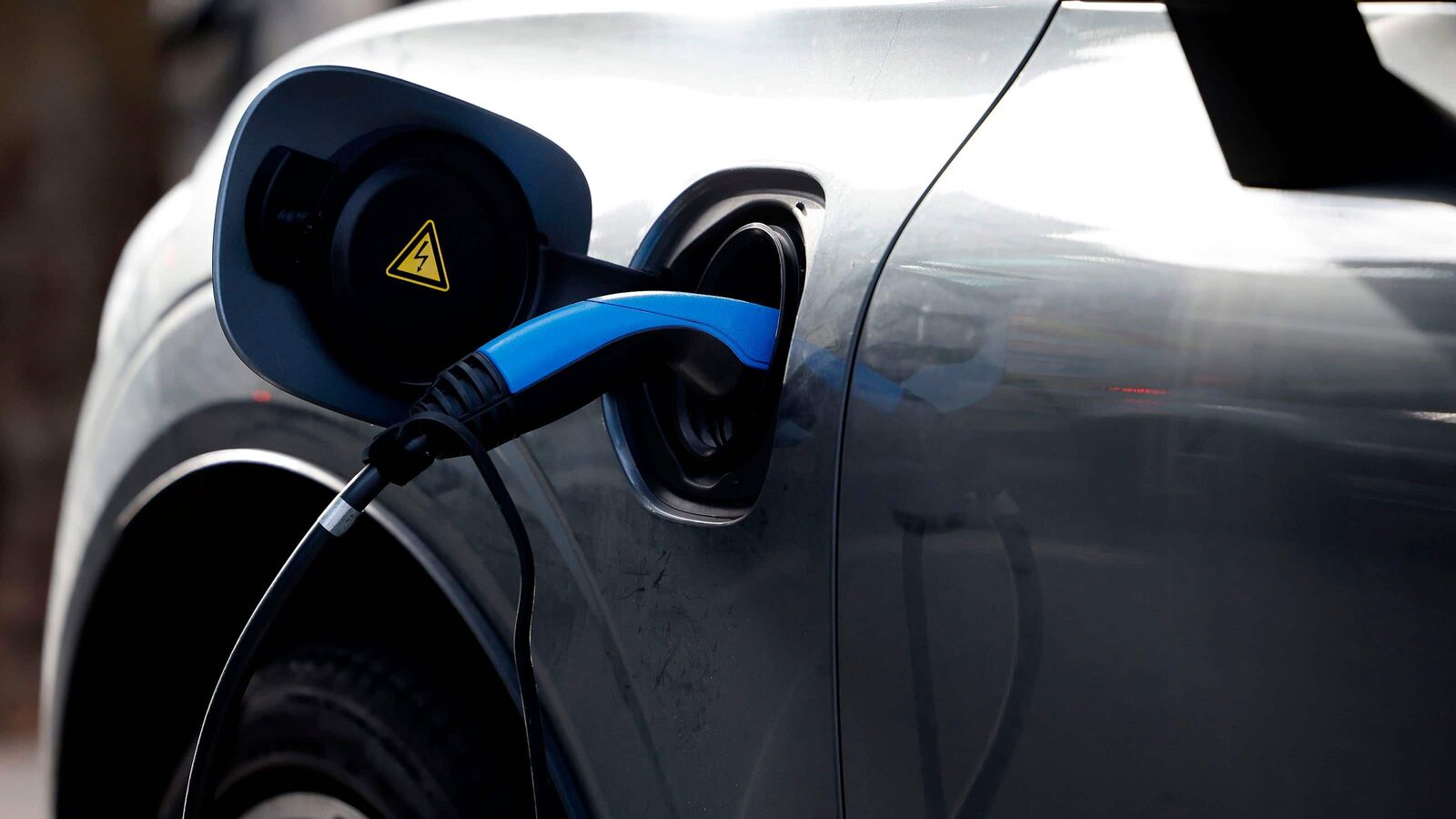- Delhi plans to push for solar-powered EV chargers to bring down dependence on electricity generated from polluting sources.
Delhi is infamous for its polluted air that turns outright toxic during the winter months in the city. The hazardous issue has now persisted for years with air quality index (AQI) levels often maxing out at 999 when the United Nations’ permissible safe limit is 50. A number of issues contribute to the pollution in the national capital and vehicular emissions are one of these. As such, officials here recently came up with a number of action plans that even included solar-powered charging stations for electric vehicles (EVs).
As per a report by news agency PTI, several possible measures to battle against air pollution were discussed during a meeting of Delhi’s State-Level Steering Committee on Climate Change. Some of these are painting roofs of building with white heat-reflective paint, vertical forests and solar-powered EV charging stations. While some of these are aimed at combating the slew of heatwave periods here, others are targeted towards bringing down emission levels.
The report cites officials in the know as saying that solar-powered EV charging stations have the potential of reducing the dependency on electricity generated from polluting sources. The Delhi state government has been a backing EVs as one of the major ways to bring down vehicular emission levels.
Delhi’s pollution crisis
Delhi and many cities in northern India rank among the most polluted in the world. Delhi’s problem with air pollution primarily stems from the fact that it is a land-locked city and its geographical position makes it susceptible to dusty winds from Rajasthan in the west and burnt stubble from Haryana, Uttar Pradesh and Punjab.
But the vehicular population in Delhi is also enormous and this is a key reason for high pollution levels in the city. By the time the winter season begins to knock on Delhi’s door, PM 2.5 levels have already shot up to dangerous levels.
Delhi’s EV strategy
While Delhi has been looking at increasing adoption of EVs among locals here, the state government also plans to have an entirely zero-emission bus fleet by 2035-2040. At present, there are 1,650 public electric buses in the city and the objective is to have as many as 8,000 electric buses by end of 2025.
Additionally, diesel vehicles above the age of 10 years are banned from operation in Delhi, as per a Supreme Court ruling. It is 15 years for a petrol vehicle.
First Published Date: 12 Jul 2024, 08:52 AM IST

